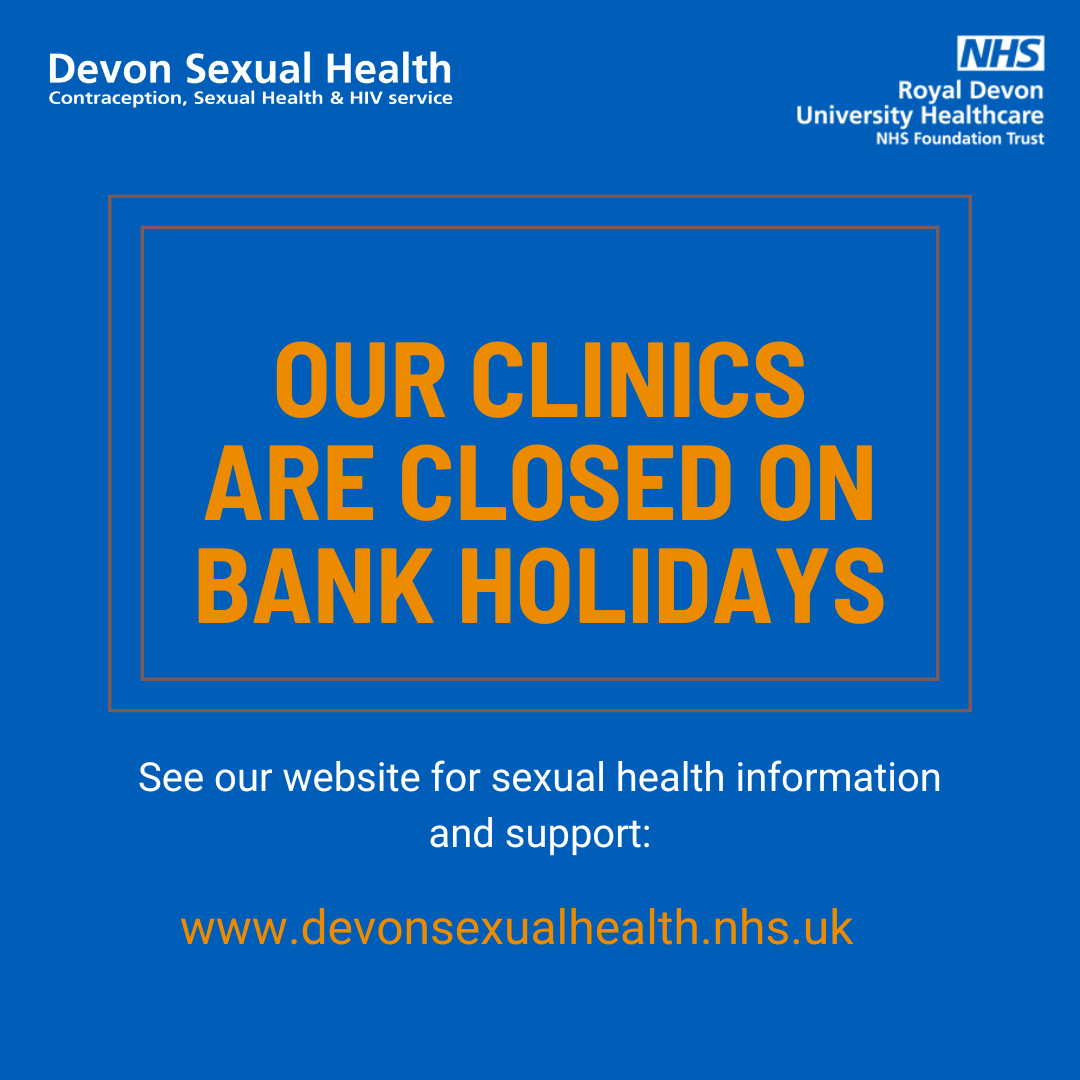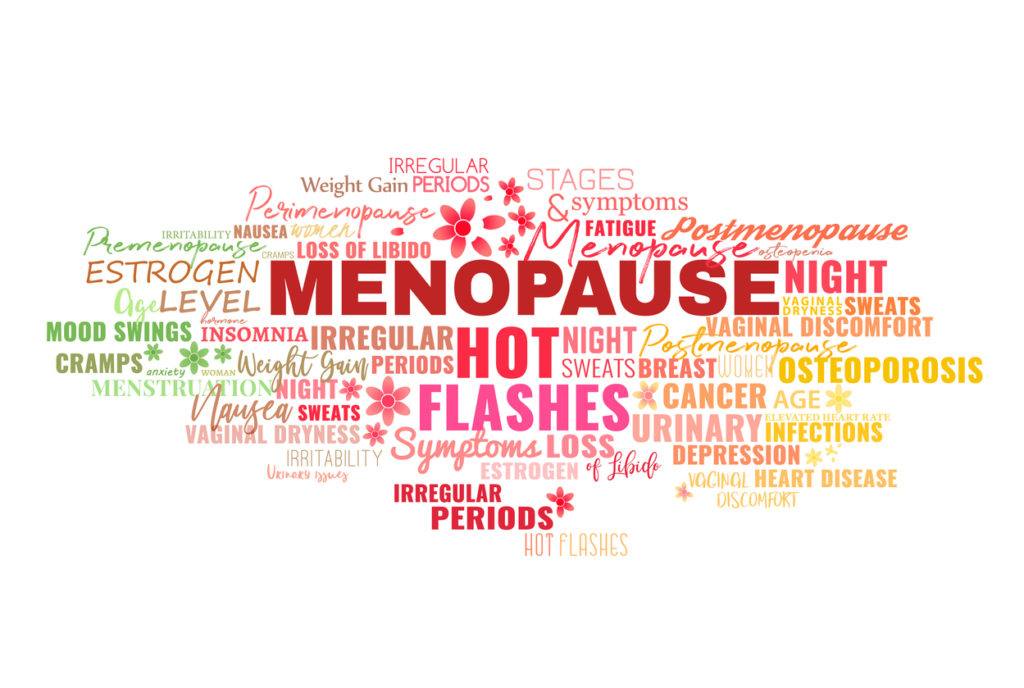New menopause information pages
posted by: Don Leslie
Following on from the extensive coverage of the menopause by the BBC in May, we’ve teamed up with the Primary Care Women’s Health Forum (PCWHF), a group of 10,000 healthcare professionals with a special interest in women’s health, to develop some new information pages.
Some commonly asked questions about the menopause include;
What is the menopause?
The menopause is when a woman stops having periods and is no longer able to get pregnant naturally. It’s a natural part of the ageing process and usually occurs between 45 and 55 years of age. In the UK the average age for a woman to reach the menopause if 51.
What causes the menopause?
The menopause happens when a woman’s ovaries stop producing as much of the hormone oestrogen and no longer release an egg each month. As women age and their store of eggs declines, ovulation, periods and pregnancies stop.
What are the symptoms of the menopause?
There are 35 symptoms associated with the menopause but here are the 10 most common;
- Hot flushes and night sweats
- Insomnia
- Aching joints
- Weight gain
- Psychological symptoms
- Sexual and other health considerations
- Headaches
- Fatigue
- Irregular periods
- Memory loss
What can I do about it?
There are a number of things that you can do to help alleviate the symptoms from changing your diet, adjusting your lifestyle or embarking on hormone replacement therapy. In the first instance, we would recommend that you visit your GP to discuss your options.
You can find out more about the menopause on our new web pages or by visiting Rock My Menopause.
Menopause facts
- The average age of a person going through a natural menopause is 51-years-old, but it can happen at any time.
- If you’re younger than 45, it is called an early menopause.
- Before the age of 40, it is known as a premature menopause, or Premature Ovarian Insufficiency (POI).
- By the age of 54, 80% of women will have stopped having periods.

Get set for summer!
Heading to a festival this summer? Have safer festival fun by signing up for the Eddystone Trust free condoms for […]

Bank Holiday information
All Devon Sexual Health clinics will be closed on Monday 27th May for the Bank Holiday. When our clinics are […]

#StopItNow campaign returns this March
The Stop It Now campaign is aimed at deterring online child sexual abuse. The campaign is a project of the […]

New time for Exeter Young Person clinic.
From 4 March, the Young Person drop-in clinic at Devon Sexual Health will be held every Tuesday from 3.30pm – […]

